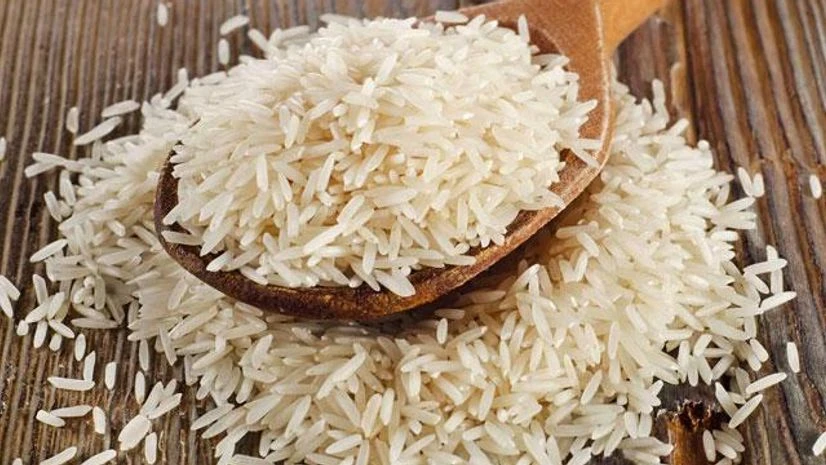Prices of basmati paddy have gone up from their lows seen a couple of weeks ago because of the easing of the minimum export price (MEP), and this should enable resuming export amid concern over a lower than expected crop in 2023-24, trade and market sources have said.
The improvement in prices should benefit farmers though reports of a production drop are cause for concern for them. They had to bear the brunt of falling prices due to a high MEP.
In some mandis, trading was stalled because exporters stopped buying from farmers.
“The decision to cut the MEP has been a win-win for exporters, the government, and farmers. While on the one hand it has restarted exports, which had come to a standstill due to the MEP, on the other hand, it has ensured that basmati prices, which were languishing at Rs 30-32 per kg, have come back to its original of Rs 38-40 per kg. For the government, the cut has ensured that only high-value basmati rice is exported,” Vijay Setia, former president of the Rice Exporters Association of India, told Business Standard.
Trade and market sources said the price of some varieties of basmati that had dropped to Rs 3,300-3,400 per quintal a few weeks after the MEP of $1,200 per tonne was imposed had now climbed back to over Rs 4,000 per quintal.
The price of the widely grown PUSA-1121 variety has been quoting at around Rs 4,600 a quintal for the past few days.
More From This Section
In India basmati production is estimated to be 8-9 million tonnes, of which more than half is exported annually. India in FY23 exported around 17.8 million tonnes of non-basmati rice and 4.6 million tonnes of basmati rice.
Of the non-basmati rice exports, 7.8-8 million tonnes was parboiled rice.
Globally, rice prices have shot up due to an expected drop in production because of El Nino.
Production in Asian countries is among the worst hit.
Late last month, the government started accepting basmati consignments priced below the MEP of $1,200 per tonne, thus signalling its intention to reduce it.
According to a Press Trust of India report in October, in a communication to the Agriculture and Processed Food Products Export Development Authority, the Union commerce ministry said “it has been decided to revise the price limit for registration of contract for export of basmati rice from $1,200 per tonne to $950 per tonne”.
The government on August 27 decided not to allow exports of basmati rice below $1,200 per tonne to restrict possible “illegal” shipments of white non-basmati rice in the garb of premium basmati rice.
It had extended the notification on October 15 indefinitely. But the very next day, a statement was issued saying that the review of the MEP was under active consideration.
The statement was made amid reports that farmers were enraged by the extension. Some exporters had stopped buying new basmati from farmers, which has led to a decline in their open-market prices by Rs 300-400 per quintal since the MEP was extended.



)
